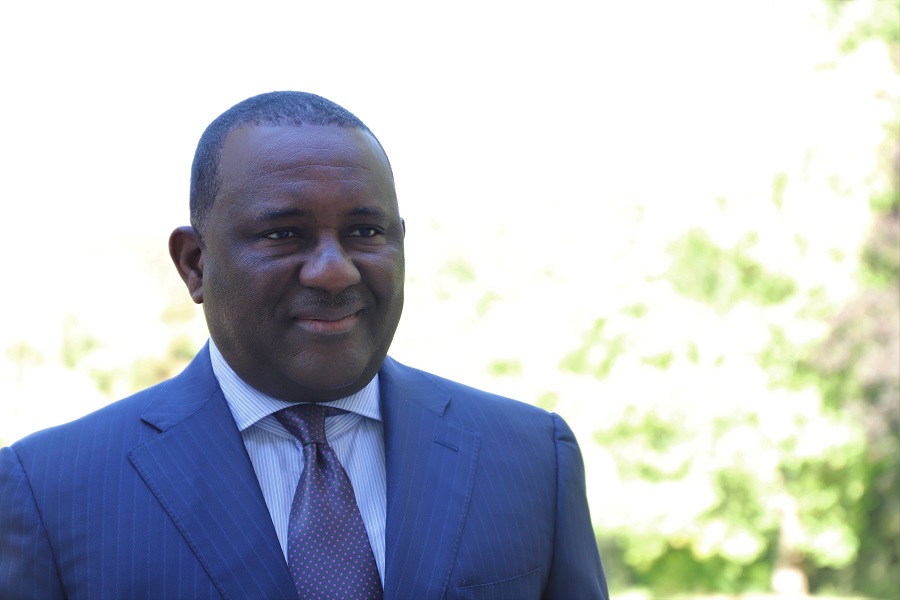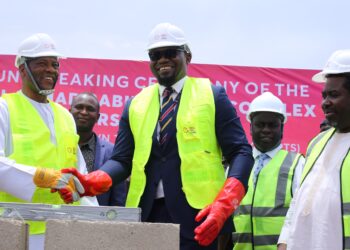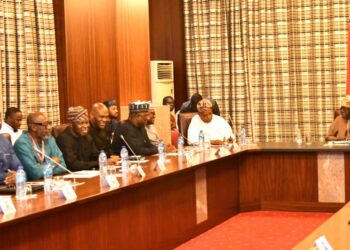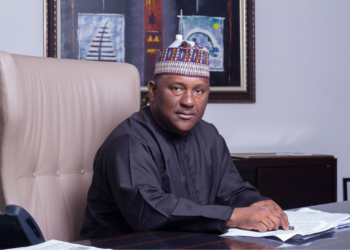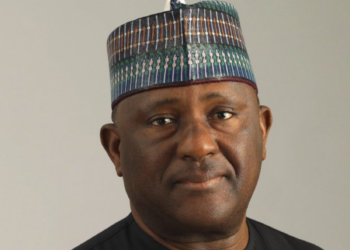Abdul Samad Rabiu, the founder and chairman of BUA Group, has maintained his position as the fourth richest man in Africa with a net worth of $7.6 billion, according to Forbes ranking.
He overtook the position from Nassef Sawaris in January 2023. He is also currently the second richest man in Nigeria.
In 2022, Abdul Samad Rabiu’s net worth grew by more than $2.4 billion, rising from $4.6 billion to $7.6 billion. He currently trails behind fellow Nigerian billionaire Aliko Dangote and two South African billionaires, Johann Rupert and Nicky Oppenheimer.
What attributed to the increase: Rabiu’s $7.6 billion fortune comes from his manufacturing company, BUA Group, which is one of the continent’s fastest-growing conglomerates. Rabiu is presently Africa’s fourth-richest man and Nigeria’s second-richest man.
The Nigerian billionaire controls the majority of BUA Foods, which went public in 2022, and BUA Cement, his flagship publicly traded cement business. Since the company’s shares were listed on the Nigerian Exchange a year ago, his net worth has grown from $4.9 billion to $7.6 billion.
His career and personal journey: Abdul Rabiu has a heritage in commodities trading, His late father, Isyaku Rabiu, was a renowned merchant and industrialist in Kano State in the 1970s and 80s.
- Rabiu studied for his secondary school education in Nigeria before moving to the United States of America where he studied at Capital University for his bachelor’s degree in Economics.
- He returned to Nigeria in the early 1980s at the age of 24, to take over the management of his father’s businesses, which he managed successfully.
- Abdul Samad Rabiu’s career in business can be dated back to when he established BUA International Limited in 1988 for the sole purpose of commodity trading.
- His major business breakthrough came in 1990, when government-owned Delta Steel Company, contracted (BUA) to supply its raw materials in exchange for finished iron products. Later that year, BUA through Rabiu, expanded further into steel, producing billets, importing iron ore, and constructing multiple rolling mills in Nigeria.
- After enjoying a successful take-off in business, Rabiu took an audacious business decision by acquiring Nigerian Oil Mills Limited, the largest edible oil processing company in the country. Fast forward to 2005, BUA started two flour-milling plants in Lagos and Kano.
- In 2009, the company went on to acquire a controlling stake in a publicly-listed Cement Company in Northern Nigeria and began to construct a $900 million cement plant in Edo State, completing it in early 2015. He also has a stake in BUA Oil and Mill, BUA Estate, BUA Sugar, BUA Port and terminal, and BUA cement.
- In early January 2020, Rabiu merged his privately-owned Obu Cement Company with the NGX-listed Cement Company of Northern Nigeria Plc to BUA Cement Plc which currently trades on the Nigerian Exchange. Rabiu owns a 98.5% stake in the company.
- Also in 2020, Abdulsamad was named by Forbes as one of the richest people in Africa with a net worth of $3.1 billion. His net worth has since grown to $7.6 billion.
His Philanthropy: Abdul Samad Rabiu is known for his vast philanthropic gestures, over the years he has donated substantial wealth to create a greater impact through his foundation Abdul Samad Rabiu initiative (ASR Africa).
- ASR Africa has donated $3 million to Niger Republic for a development initiative.
- ASR Africa refurbished the neonatal unit at Gwarimpa General Hospital and donated over 80 pieces of new, modern equipment.
- He donated and handed over a newly built 150-bed hospital to the Nigeria Police in Abuja.
- He donated N10 billion to Nigeria Security Support Fund from ASR Africa toward the provision of some security equipment, medical and other supplies, upgrade of health facilities and other infrastructure for families of those on the frontline.
- ASR Africa, BUA Foundation approve N1.5billion Grant for Development Projects In Ibese, Igbogila, Ilaro, Others in Yewaland, Ogun State
- ASR partnered with the United States Agency for International Development (USAID) with a grant of USD$500,000 as part of efforts to curb tuberculosis (TB) and HIV in Nigeria.
NOTE: An earlier version of this article contained erroneous information which has been corrected.

